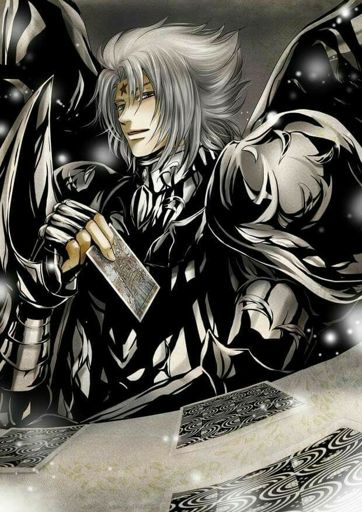

In later mythologies, Tartarus became a space dedicated to the imprisonment and torment of mortals who had sinned against the gods, and each punishment was unique to the condemned. Originally, Tartarus was used only to confine dangers to the gods of Olympus. Later, when Zeus overcame the monster Typhon, he threw him into "wide Tartarus". The Hecatonchires became guards of Tartarus' prisoners.

Apollo is a prime example, although Zeus freed him. Other gods could be sentenced to Tartarus as well. Another Titan, Atlas, was sentenced to hold the sky on his shoulders to prevent it from resuming its primordial embrace with the Earth. Cronus and many of the other Titans were banished to Tartarus, though Prometheus, Epimetheus, and female Titans such as Metis were spared (according to Pindar, Cronus somehow later earned Zeus' forgiveness and was released from Tartarus to become ruler of Elysium). The gods of Olympus eventually triumphed. Zeus killed Campe and released these imprisoned giants to aid in his conflict with the Titans. When Cronus came to power as the King of the Titans, he imprisoned the one-eyed Cyclopes and the hundred-armed Hecatonchires in Tartarus and set the monster Campe as its guard. While according to Greek mythology the realm of Hades is the place of the dead, Tartarus also has a number of inhabitants. In the Iliad ( c. 8th century BC), Zeus asserts that Tartarus is "as far beneath Hades as heaven is above earth." Similarly the mythographer Apollodorus, describes Tartarus as "a gloomy place in Hades as far distant from earth as earth is distant from the sky." The anvil would take nine more days to fall from earth to Tartarus. Place Īs for the place, Hesiod asserts that a bronze anvil falling from heaven would fall nine days before it reached the earth. According to Hyginus, Tartarus was the offspring of Aether and Gaia. In the Greek poet Hesiod's Theogony ( c. late 8th century BC), Tartarus was the third of the primordial deities, following after Chaos and Gaia (Earth), and preceding Eros, and was the father, by Gaia, of the monster Typhon. In ancient Orphic sources and in the mystery schools, Tartarus is also the unbounded first-existing entity from which the Light and the cosmos are born. In Greek mythology, Tartarus is both a deity and a place in the underworld.


 0 kommentar(er)
0 kommentar(er)
